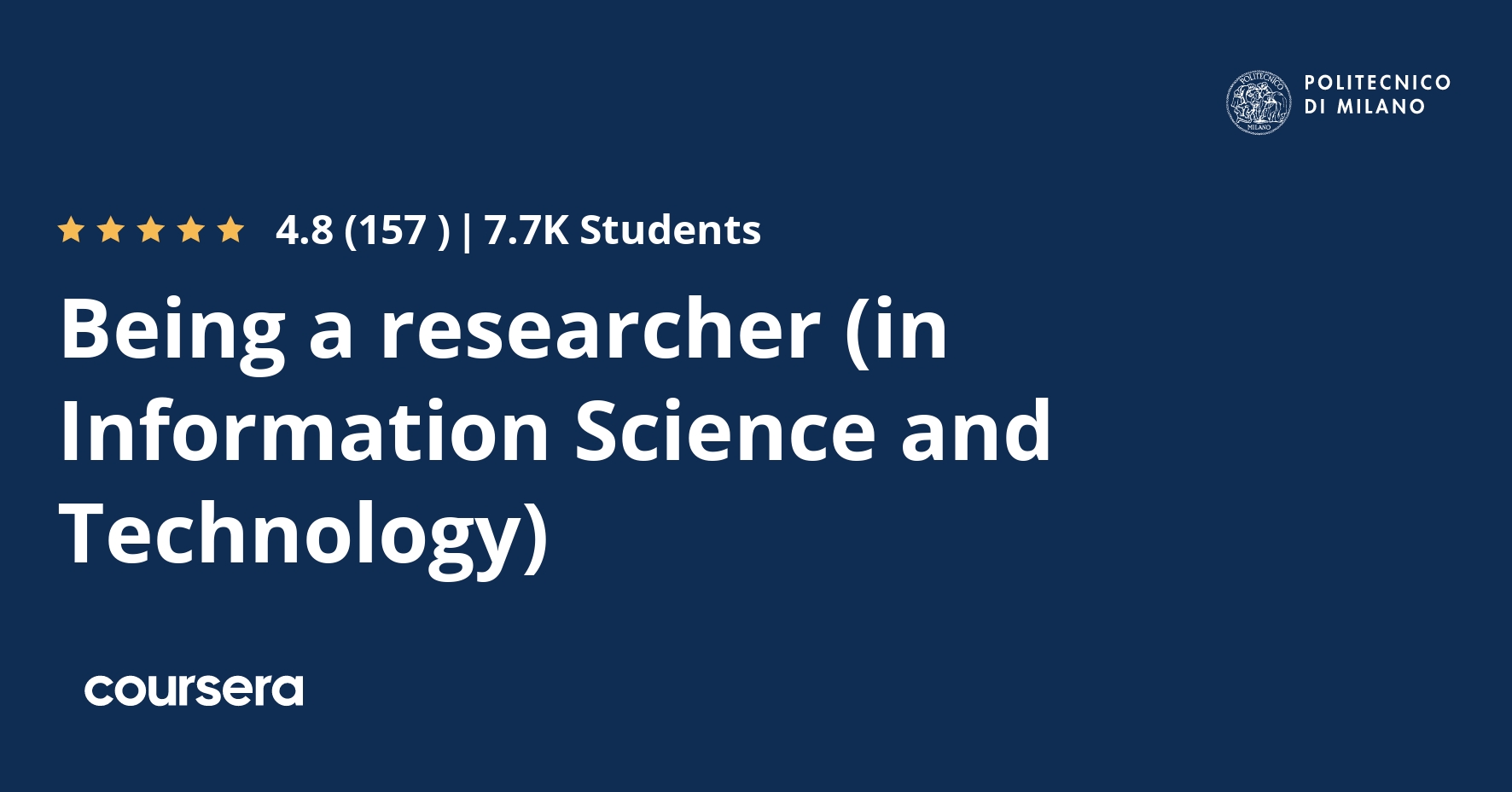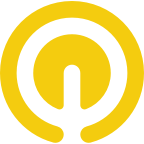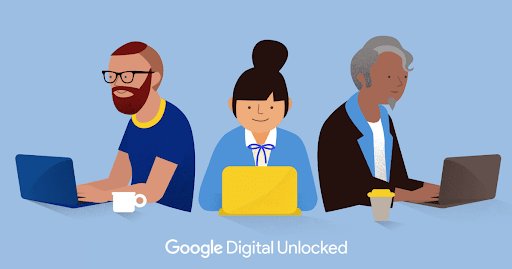Description
The course provides a broad view of how to become and progress as a researcher. It spans over a wide range of topics, from the historical development of scientific thought to research methodology, to the pragmatics of publication, research funding, evaluation, and promotion in a researcher’s career. It also stresses the ethical aspects of research. Although the course speaks about scientific research in general, it especially focuses on the field on Information and Communication Science and Technology.
The course is mainly directed to students engaging in research and beginning researchers. It may also be of interest for senior researcher in their role as supervisors or mentors, and to all those who are interested in how scientific research works. The main topics addressed in the course are:
– Research, its historical development, and its role in society;
– Research methodology;
– The products of research: publications and artifacts;
– The professional researcher: roles and career progress;
– Research evaluation, from peer review to bibliometrics;
– Research ethics.
What you will learn
WEEK 1 – Research and its context
Week 1 has an introductory and motivational purpose. It faces the following questions: What is science? What is scientific research? What is the relation between scientific progress and the progress of society? What is the relation between research and innovation? Why should researchers engage themselves publicly?
WEEK 2 – Research Methodology
Week 2 focuses on research methods. It discusses the interplay between invention — the creative act that identifies an interesting open problem and a possible solution — and validation — the meticulous process through which the identified solution is critically evaluated. It briefly discusses the historical evolution of the notion of a “scientific method”, through which research results are validated, mainly developed in the context of physical and natural sciences. Then it broadens the analysis to other kinds of research, and in particular ICST research.
WEEK 3 – The products of research: publications and beyond
The results of research (its products) are used to develop further research and lead to industrial innovations and societal changes. Week 3 focuses on the diffusion process of research products. The main way of diffusing research results is through scientific publications. The traditional publication process is analysed and recent trends towards open access are also discussed. Other kinds of research products, which take the form of artifacts, like data sets or research prototypes, are also discussed.
WEEK 4 – The researcher’s progress
Week 4 focuses on the researcher’s career progress in his/her professional life, from being a researcher-in-formation to becoming a junior independent researcher to maturing into an established research leader. In particular, it discusses the skills one needs to acquire and provides tips of advice on how to progress successfully.






